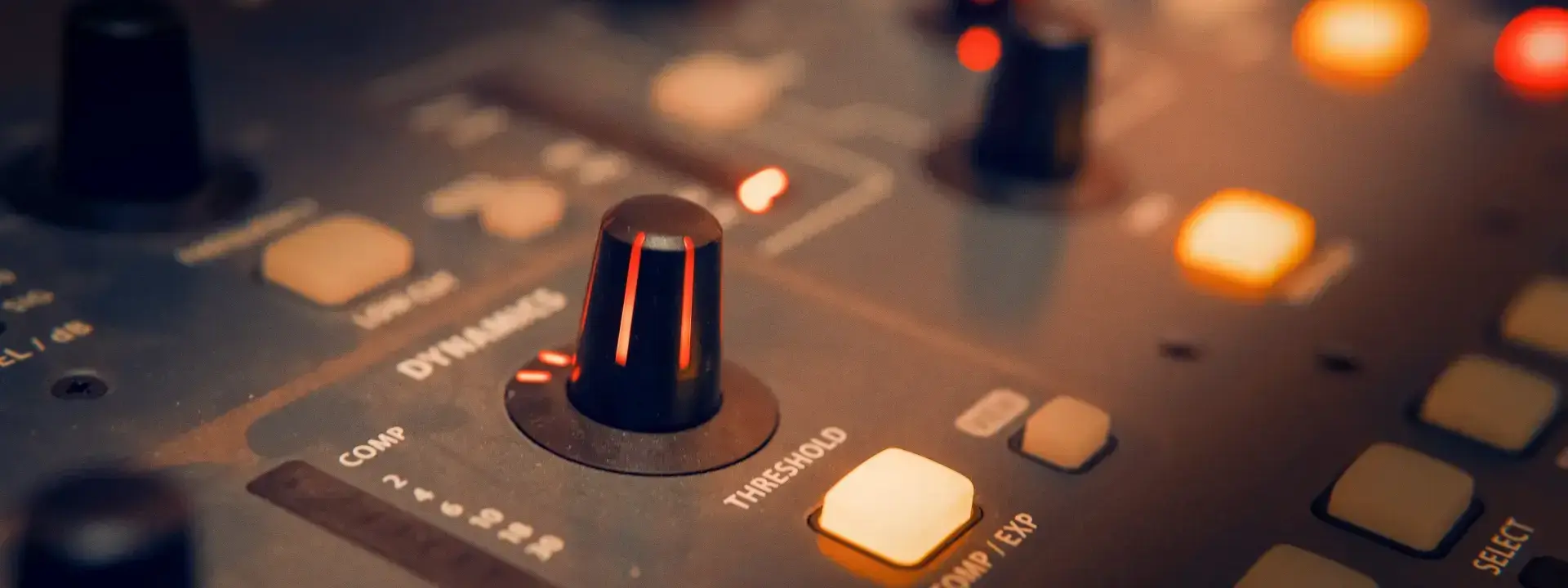
Mix Engineer Job Description
What is a Mix Engineer Professional?
A mix engineer is a professional who specializes in the mixing and mastering of audio recordings. Mix engineers are responsible for creating a balanced mix of all the tracks in a recording, as well as ensuring that the final product sounds good on various playback systems. In order to achieve this, mix engineers must have a strong understanding of audio engineering principles and be familiar with a wide range of audio processing techniques. They must also be able to work efficiently and effectively under pressure, as they often have to deal with tight deadlines.
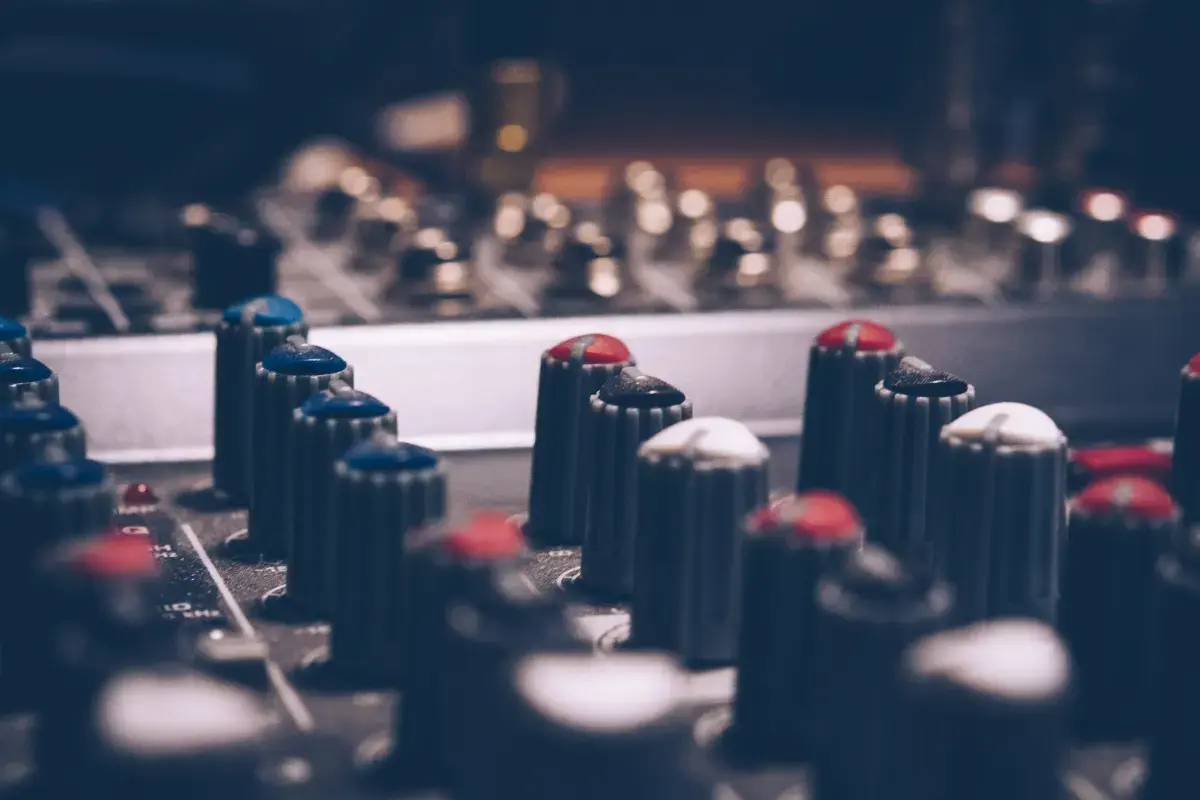
What does a Mix Engineer Expert do?
Mix engineers typically work in recording studios, where they have access to high-end equipment and software. However, some mix engineers also work freelance, which gives them the flexibility to work from home or other locations. The role of a mix engineer can vary depending on the project they are working on. For example, on some projects they may only be responsible for mixing the tracks, while on others they may also be involved in the production process from start to finish. In either case, their ultimate goal is to create a finished recording that sounds great and meets the client’s expectations.
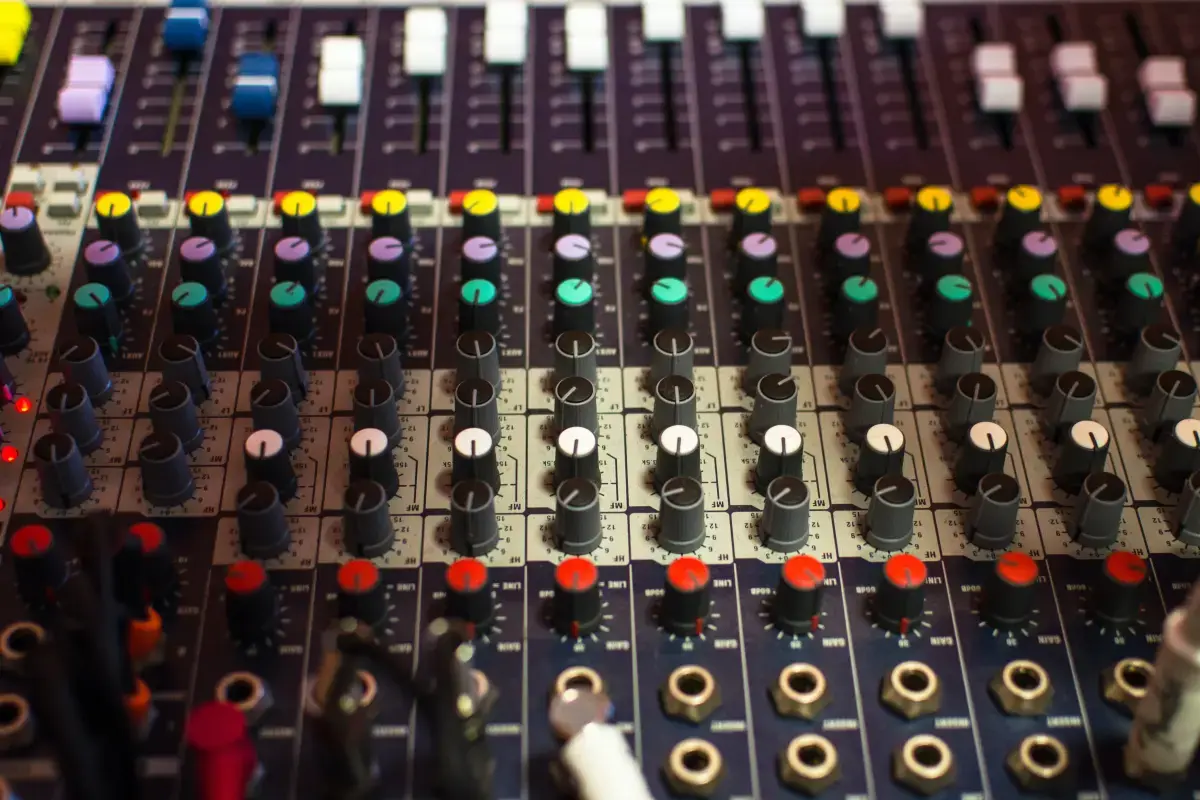
What are the Skills of a Mix Engineer?
A mixer is someone who takes various recorded sounds and combines them together to create a new, composite recording. The term “mixer” can refer to either the person doing the mixing, or to the physical piece of equipment used to mix audio signals. A mix engineer needs both a strong technical understanding of sound and ample experience working with recordings in order to produce a quality mix. In terms of technical skills, a mix engineer needs to have a firm grasp on EQing, compression, reverb, and other forms of audio processing. They need to know how to use these tools in order to enhance the individual elements of a recording and create a cohesive whole. Beyond that, they need to be able crack ninja zippy expertly use their ears. This means being able listen critically to recordings and identify problems or areas that could be improved upon. It also requires having good “musical ears”—the ability to instinctively know how different sounds will work together harmoniously. All of this technical knowledge is useless without experience actually working with recordings.

What makes an Expert Mix Engineer?
A mixer must have spent countless hours in the studio (or other recording environment) tweaking levels, experimenting with different processing techniques, and developing an aesthetic sensibility for what makes a “good” mix. Without this hands-on experience, it’s impossible to develop the instincts necessary for success as a mix engineer. Of course, there are always exceptions to every rule. Some people are born gifted with perfect pitch or an absolute ear for detail; others may have started out as bedroom producers and slowly developed their mixing chops over time through trial-and-error (and lots of listening). But in general, if you want to be a professional mix engineer, it’s important to develop both your technical skillset and your experience base simultaneously—otherwise you’re likely setting yourself up for disappointment (and frustration).
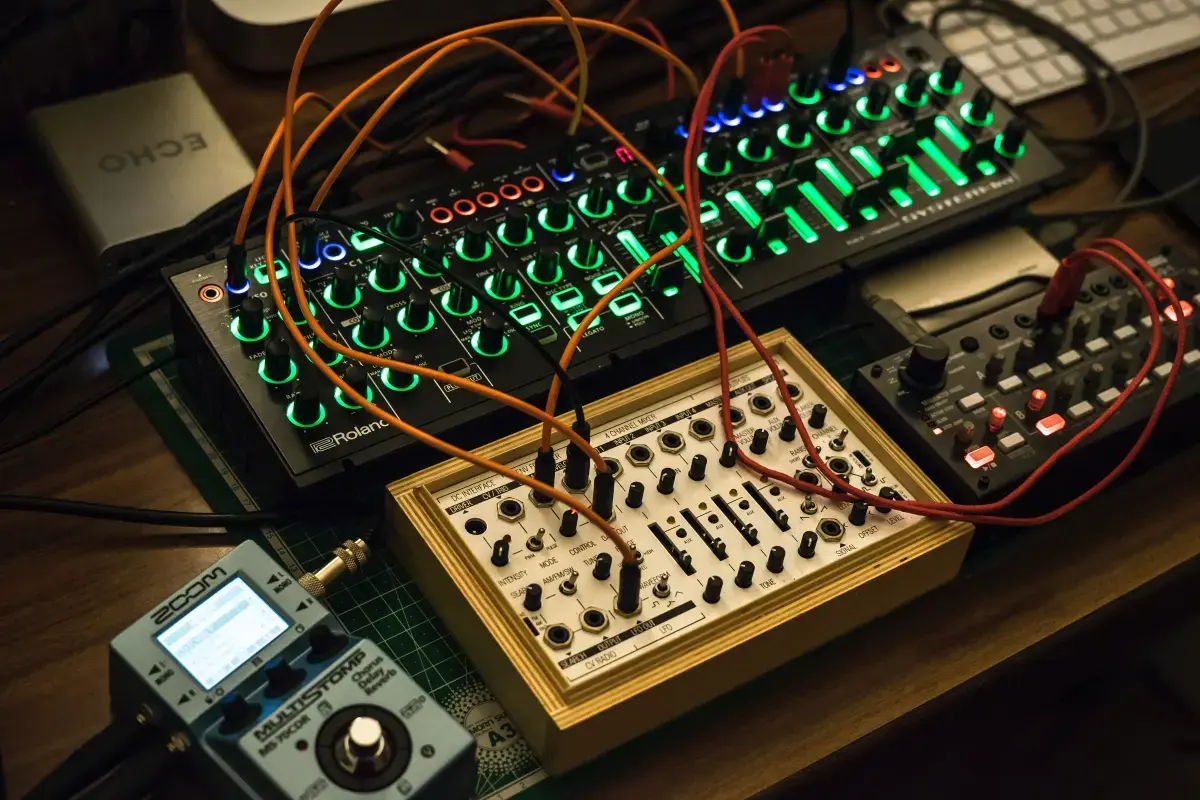
What level of Experience & Qualifications are required to be a Mix Engineer?
Industry experience: At least 5 years of professional mixing and engineering experience in a recording studio or live sound environment. 2. Training: Formal training from an accredited audio engineering school, such as the Recording Connection Audio Institute or Full Sail University; on-the-job training with experienced engineers; ongoing education to stay current with technology and trends in music production. 3. Qualifications: A degree in audio engineering, music production, or related field; certification from a recognized organization such as AES (Audio Engineering Society); membership in relevant professional organizations like ASCAP (American Society of Composers, Authors and Publishers), BMI (Broadcast Music Incorporated). 4. Education: Proficiency in at least one Digital Audio Workstation software program; knowledge of modern mixing techniques and signal processing tools; understanding of psychoacoustics principles and how they apply to sound manipulation; creative problem solving skills for complex mix tasks that require multiple solutions.

What is the Salary of a Mix Engineer?
Junior Mix Engineer - A junior mix engineer typically earns an average annual salary of $30,000 to $50,000. This range is based on experience and location. Junior engineers may be hired as assistants in larger studios or they may freelance at smaller recording studios or home studios. Assistant Mix Engineer - An assistant mix engineer usually earns an average yearly salary between $35,000 and $60,000 depending on experience and location. Assistant mix engineers are expected to help the senior mixer with setting up equipment and preparing sessions for mixing while also learning the craft from a more experienced mixer. Intermediate Mix Engineer - The typical intermediate level mixer will make an average annual salary of around $50,000 to $80,000 per year based on their skill set and geographical region. At this stage in a career most mixers will have developed enough expertise that they can work independently without needing much supervision from others in the studio environment but still require some guidance when it comes to technical aspects of mixing different types of songs or genres. Senior Mix Engineer – Senior level mixers often earn salaries upwards of six figures annually due to their extensive knowledge base and years spent mastering their craft; salaries can reach as high as several hundred thousand dollars depending upon such factors as experience working with top-level acts/labels/studios etc., specialties within certain genres (e.g., EDM), awards earned etc.. Such professionals are highly sought after by producers/artists who expect them to deliver results quickly while maintaining consistently high quality mixes regardless of project size or budget constraints

What are the Working Conditions for a Mix Engineer?
Mix engineers are responsible for mixing, manipulating and editing audio recordings to create the desired sound. The general working conditions for a mix engineer include: • Working in a studio environment with specialized equipment including computers, recording consoles, microphones, speakers and other tools. • Collaborating closely with producers and musicians to ensure that the desired sound is achieved. • Editing existing tracks or creating new ones from scratch using various techniques such as equalization (EQ), compression, reverb and more. • Listening carefully to take notes on what needs adjustment or improvement in order to achieve the highest quality result possible. • Monitoring levels of each track in order to prevent distortion or clipping while ensuring that all elements blend together well when heard through headphones or loudspeakers. • Taking time off between projects in order to remain focused and creative during mixing sessions - often this can involve listening back over previous mixes made by other engineers/producers/musicians as inspiration!
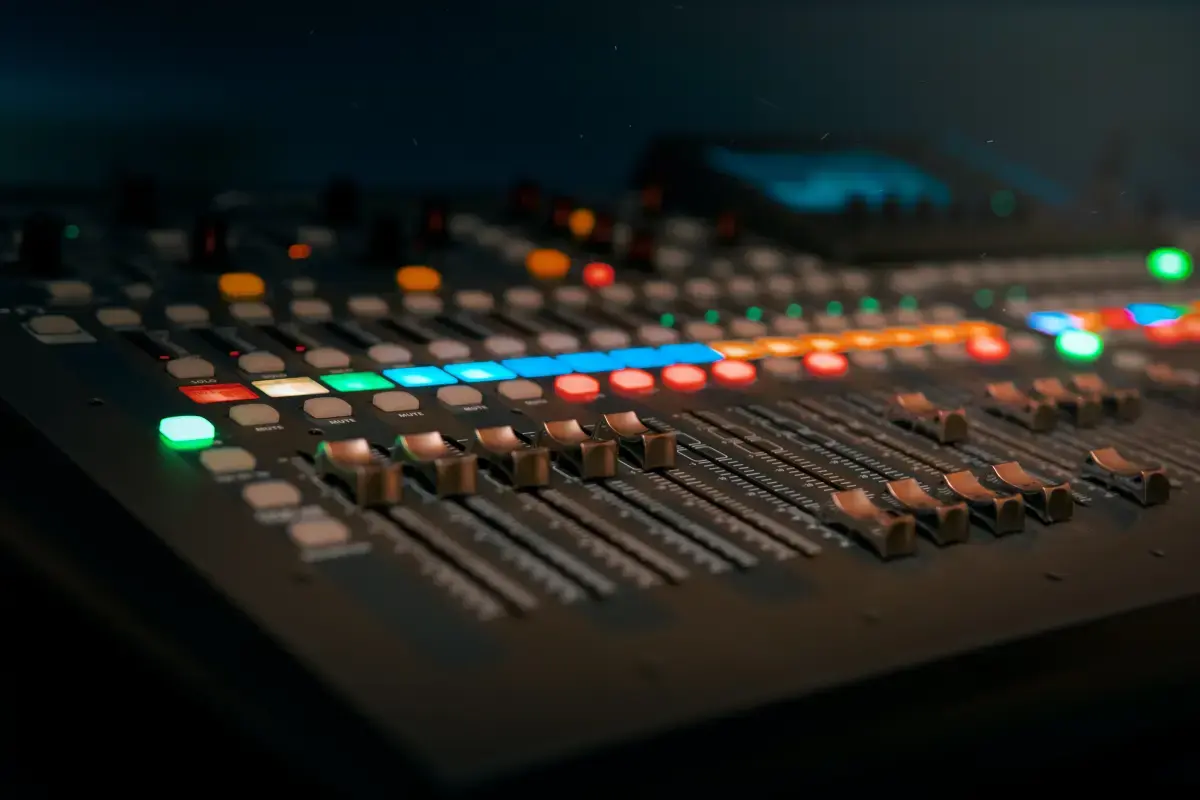
What are the roles and responsibilities of a Mix Engineer?
Establishing the overall sound of a recording
Developing sonic palette of a project
Applying processing to individual tracks or groups of tracks
Generating ideas for creative effects and treatments
Enhancing or attenuating specific frequency ranges within a track or mix
Creating delay, reverb, and other time-based effects using digital signal processors (DSP)
Automating changes in processor settings over the course of a song using computer-based mixing consoles
Adjusting levels of tracks relative to one another in the arrangement
Muting tracks or parts thereof, during certain sections of songs
Soloing tracks for listening purposes during Mix sessions
Crossfading between tracks playlist style on a digital audio workstation (DAW)
Mix session setup - connecting outboard gear, cue mixes, etc…
Prints – creating alternate versions/mixes of song e."TV mixes", "Club mixes"
Instrumental – making an instrumental/karaoke version of vocal tune
Send Levels – adjusting level( proximity)of each input to its respective FX send
Return Levels – likewise with returns from outboard & plug in FX
Compression & limiting drums buss
EQ Drums Buss
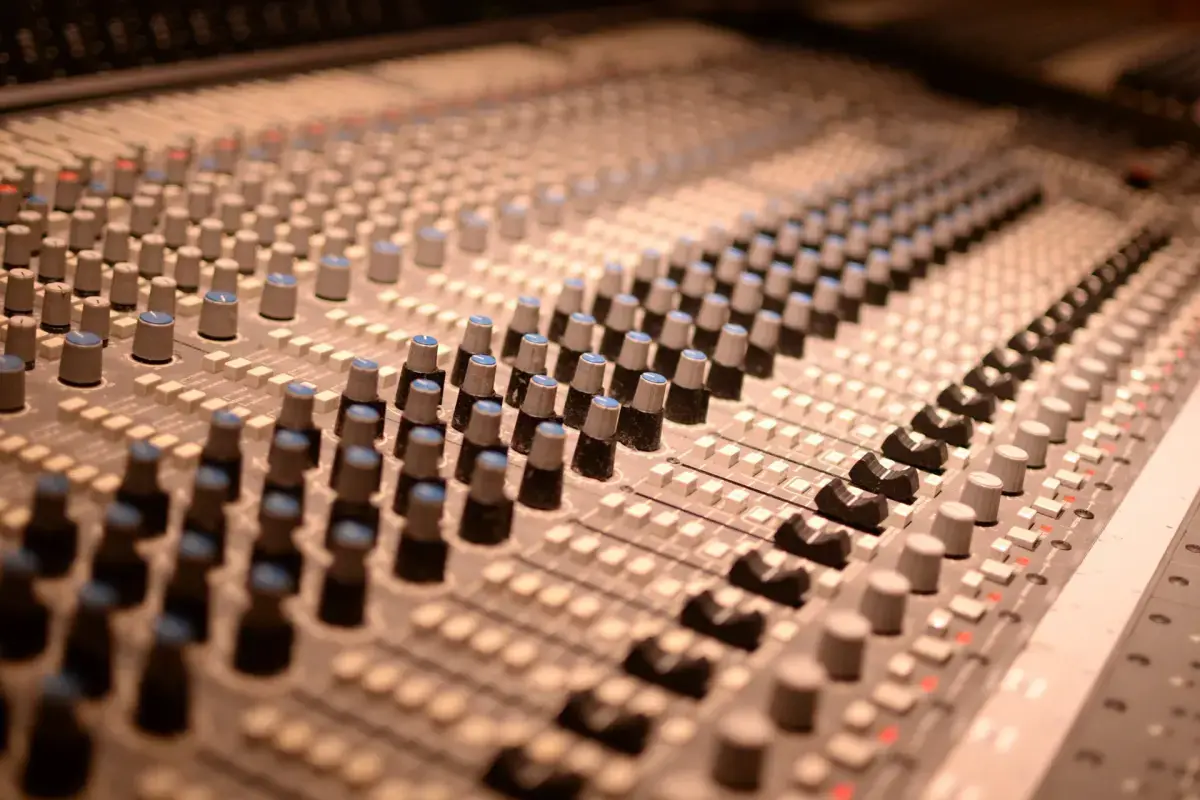
Where can I find Mix Engineer jobs?
- Create a profile on gigexchange and promote your Mix Engineer skills to advertise you are Open to New Work Opportunities
- Ensure your Resume (or CV), or online work profile is up to date and represents your skills and experience. Ensure your reputation reflects your ability & attitude.
- Apply for Mix Engineer Jobs advertised on gigexchange.
- Practise Mix Engineer interview techniques to ensure you represent your personality and ability succinctly and confidently.
- Accept the job offer if the salary meets your expectations and the employer mission and purpose reflects your core values.
Jobs
What are the best job boards for Mixing Engineer jobs?

How can I hire Mix Engineer staff online for my business?
The best job board for recruiting Mix Engineer experts is gigexchange.com. Advertise full-time, part-time or contract jobs to find, hire & recruit trusted, experienced and talented Mix Engineer candidates near you.
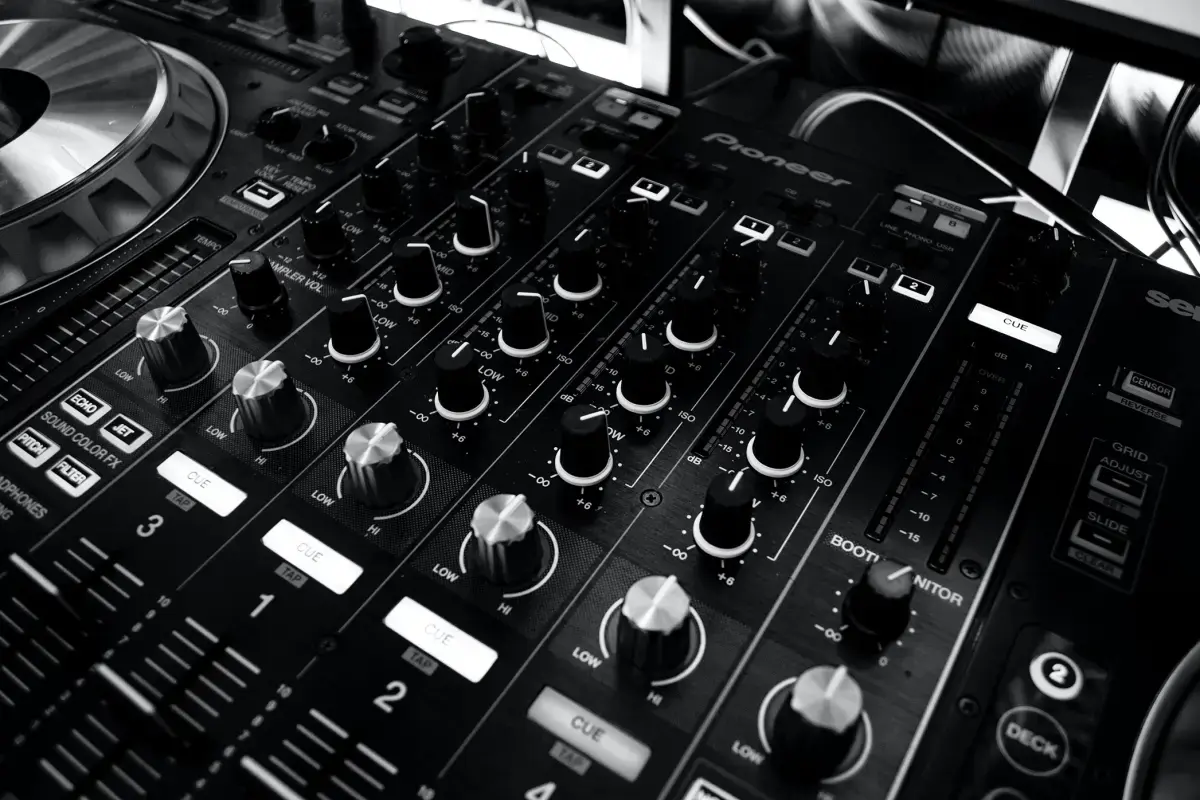
Are Mix Engineer roles in demand in 2026?
Mix Engineer experts are still in high demand in 2026. If you are an experienced Mix Engineer or looking to train and become one. The job market is looking strong for Mix Engineer jobs near me.